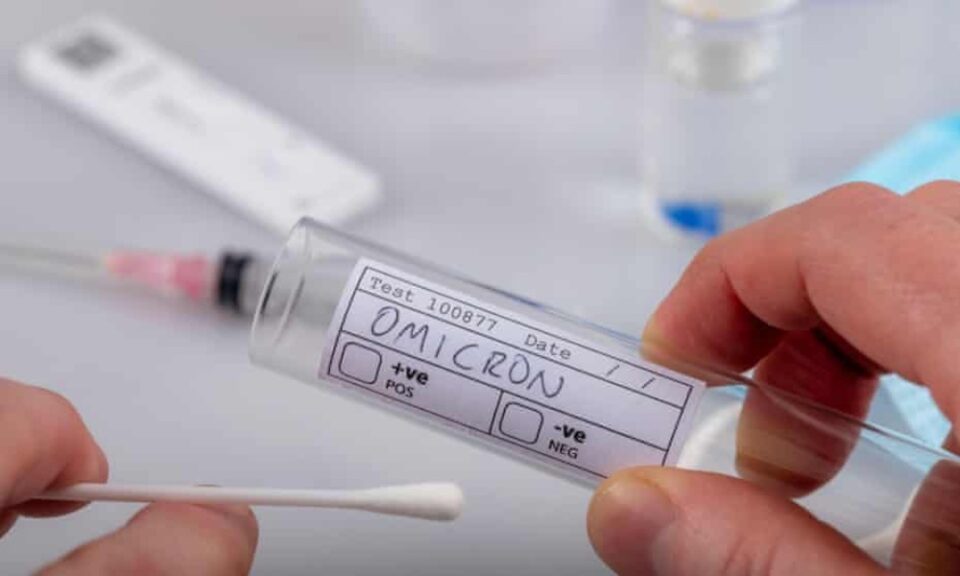The emergence of Omicron variant and subsequent announcement of travel curbs by Indian central and state governments are expected to further aggravate the sufferings of the industry.
As per the new guidelines and directions issued by the state government of Maharashtra on November 30, it has been made mandatory for all travellers to carry an RT-PCR test report 48 hours prior to departure, before entering Maharashtra, irrespective of being dually vaccinated. Sikkim has restricted the entry of foreigners from December 1.
The Maharashtra government has made RT-PCR testing mandatory for all international travellers at the Mumbai airport, irrespective of country of origin. It has also announced mandatory 14-day home quarantine for all international passengers, despite being tested RT-PCR negative upon arrival.
“We will face a huge challenge since travellers will cancel their bookings to Maharashtra, where we were seeing a gradual revival of business. Refunds from suppliers including airlines and hotels will add to our troubles and result in huge losses to the trade and overall economy,” said Jyoti Mayal, President, Travel Agents Association of India (TAAI).
The state government of West Bengal in its order on November 30 has decided to extend its existing restrictions and protocols till December 15. All outdoor activities including movement of people and vehicles will continue to be prohibited between 11 pm to 5 am barring essential services in West Bengal.
On the other hand, the Directorate General of Civil Aviation (DGCA) yesterday delayed the resumption of scheduled commercial international passenger airline services to or from India, mentioning that it will notify its decision on the same in due time.
The above announcement has acted as a damp squib for the Indian inbound industry which was positioning itself for recovery after the government’s earlier announcement that allowed scheduled international flights to resume beginning December 15.
“It’s too early to say that whether there is any impact on the business because so far we haven’t received any changes in existing bookings. But we are sure it is going to have an adverse effect on corporate as well as leisure travel,” said Akshay Shetty, Group General Manager- Hospitality, MRG Group.
The Indian Health Ministry recently revised guidelines mandating that all international passengers entering India have to submit 14-day travel details and upload a negative RT-PCR test report on the ‘Air Suvidha’ portal prior to commencing the journey.
The new guidelines have come into effect from December 1. Travellers from “countries at-risk”, including South Africa, Botswana, Zimbabwe the U.K., Brazil, Bangladesh, China, Mauritius, New Zealand, Singapore, Hong Kong and Israel are now required to take the RT-PCR test post-arrival and wait for results at the airport. If tested negative, travellers have to undergo home quarantine for seven days followed by a re-test on the eighth day.
Sarbendra Sarkar, Founder, Cygnett Hotels and Resorts said, “We have never put our guard down and have been strictly following a protocol to ensure our staff and guests are always safe. We keep evaluating our Covid safety standards from time to time based on the virus situation. We have already started that evaluation process keeping in mind the new virus variant and will surely be plugging any gaps we may find.”
Photo credit: The Guardian

